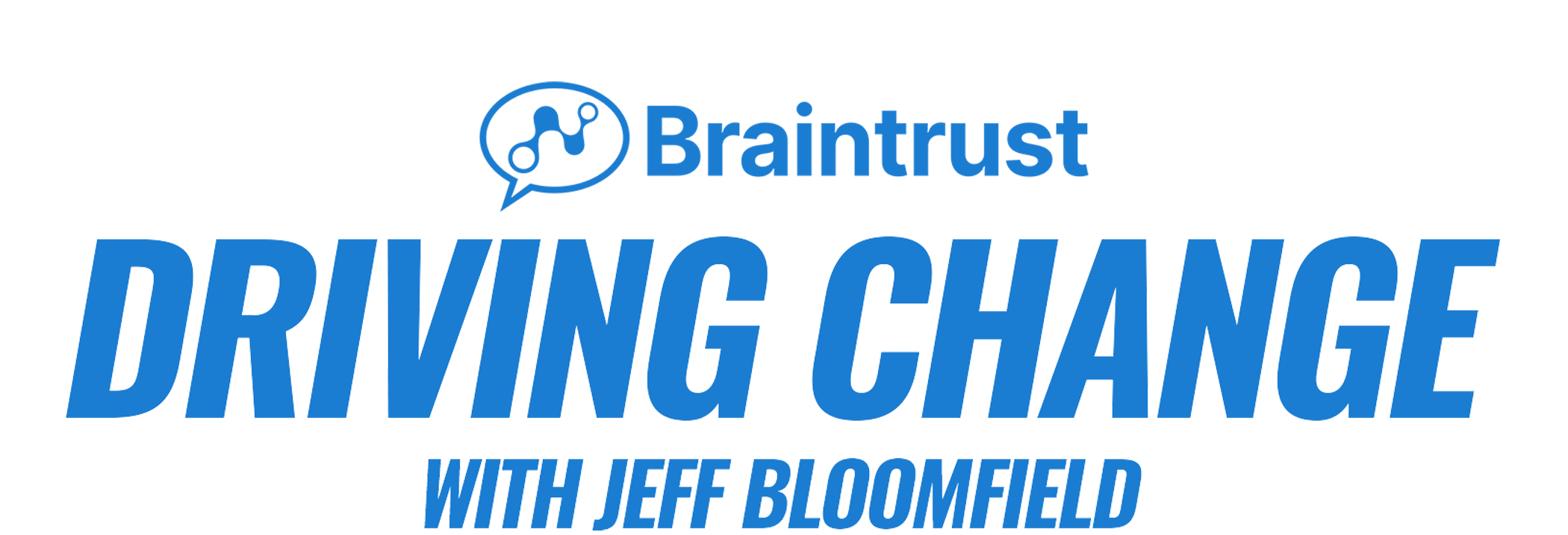Why Vulnerability Leads to Likeability
Written by Joe Masi
9 Min Read
A young mother walks into the room holding the tiny hand of her newly-waddling 18-month-old daughter. When this happens, what is our typical first reaction? Most of us will smile.
An older gentleman is walking his black Labrador Retriever puppy, and the little dog strains against its leash to see you. What do we do? Most of us will kneel to pet the little guy.
A frail elderly woman using a walker is mid-crosswalk on a busy city street. You see the traffic light is about to turn green. What would you do? Most of us will probably stop everything and do our best to help her across.
What do the 18-month-old, the puppy, and the elderly woman have in common? The answer is simple. Vulnerability.
According to the most recent research in neuroscience and social science, human beings are wired and socialized to embrace and connect most easily with people who show the greatest degree of vulnerability.
From the neuroscience perspective, we humans are threat-detecting animals. In all situations, we’re constantly assessing whether we’re in the company of friends or foes. We look for indicators of safety before deciding whether or not to trust them. So when we see vulnerability in others, our defense mechanisms drops, opening us up to connect.
From a sociological perspective, according to social scientist and best-selling author Brené Brown, “vulnerability is essential for meaningful relationships to form.” Her research strongly suggests that the more vulnerable you can be, the more readily you can authentically connect with others.
So why should vulnerability be important to you? It’s because to become a world-class communicator, it’ll be advantageous for you to understand the power of vulnerability when seeking to build better relationships with your colleagues, clients, and most importantly your loved ones.
Here are three surefire ways to bring a bit more vulnerability to any relationship:
- Don’t Be a Know-It-All
-
-
- Bring in some humility.
- Enter the situation with what the Buddhists call the “Beginners Mind.”
- Be curious instead of judgmental and seek to ask better questions.
-
- Admit When You’re Wrong
-
-
- The two most powerful words in any relationship are “I’m sorry.”
- Take responsibility for your part of the problem.
- Ask for forgiveness when you’ve let someone down or didn’t keep up your end of the deal.
-
- Share Your Personal Story
-
- Share a value-based story.
- Revolve it around someone in your life who was a positive influence on your values.
- Learn how to share this story in a concise and heartfelt way.
When we step out and drop the façade of being “all-powerful” and “all-knowing,” we invite others to meet us at a much more human and emotional place. Look for opportunities to become more vulnerable in your client conversations, when you’re speaking with colleagues, and when you’re trying to get along better with your loved ones. You’ll be amazed at how much more receptive others will be. Remember, the right level of vulnerability can do wonders for your relationships
If you find any of the 3 tips are a challenge for you, check out our NeuroSelling® Training in the Braintrust Academy. You’ll find everything you need to learn there to move yourself closer to world-class communication.




